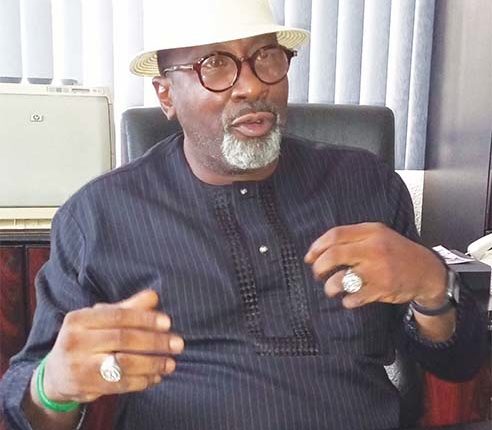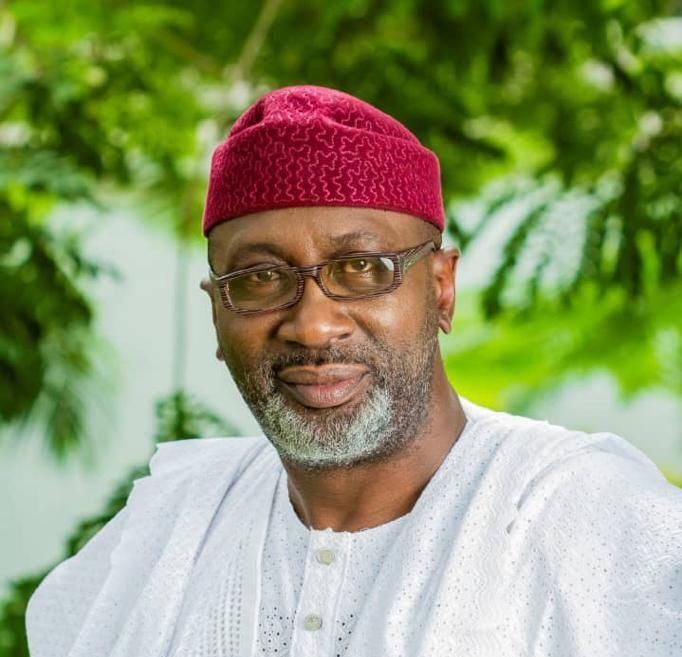It is important to remain positive and not place blame on any Energy Minister for the power outages in Nigeria.
By Abayomi Odunowo
The problem of power in Nigeria has been a long-standing issue that has plagued the country for decades. Despite numerous attempts to improve the situation, the power sector continues to be dysfunctional, leaving millions of Nigerians without access to reliable electricity. Many have pointed fingers at the Ministers of Power, blaming them for the lack of progress in the sector. However, the problem of power in Nigeria runs much deeper than just the actions of individual ministers. The root of the problem lies in the system itself.
It is a commonly held belief that no matter who is appointed as the Minister of Power in Nigeria, they are destined to fail. This is because too many people are benefiting from the current state of the power sector. The rampant corruption and inefficiency in the system have allowed powerful individuals to exploit the situation for their own gain. These people have no interest in seeing improvements in the sector, as it would mean a loss of their profits and influence.
One of the main beneficiaries of the current state of the power sector in Nigeria is the generators industry. With irregular power supply being the norm, many Nigerians are forced to rely on generators to meet their electricity needs. This has created a booming business for generator sellers, diesel sellers, and petrol sellers. These businesses have thrived in the absence of stable power supply, and many of them would suffer greatly if the sector were to be fixed.
Another group that benefits from the dysfunction in the power sector is the gas traders. With the prevalence of gas-powered generators in Nigeria, gas traders have found a lucrative market for their products. However, if power supply were to become reliable, the demand for gas would plummet, causing many gas traders to go out of business. This would have a ripple effect on the entire industry, as the spares associated with generators and other power equipment would also see a significant decrease in demand.
The power sector in Nigeria is a complex web of vested interests and corruption that make it difficult for any minister to enact meaningful change. The system is so deeply entrenched in corruption and inefficiency that it would take a massive overhaul to see any real progress. This would require dismantling the power structures that benefit from the current state of the sector, which is no easy feat.
Despite the challenges that lie ahead, it is essential that the Nigerian government takes decisive action to address the issues plaguing the power sector. The lack of reliable electricity has been a major hindrance to the country’s development, and it is time for this to change. By tackling the root of the problem and addressing the vested interests that have perpetuated the dysfunction in the sector, Nigeria can finally move towards a future with stable and affordable power supply.
The problem of power in Nigeria is not solely the fault of individual ministers, but rather the result of a deeply entrenched system of corruption and inefficiency. Until the root of the problem is addressed, any attempts to improve the power sector will be met with resistance from those who benefit from the status quo. It is imperative that the Nigerian government takes bold steps to reform the system and bring about real change in the power sector. Only then can Nigerians finally have access to the reliable and affordable electricity they deserve.





